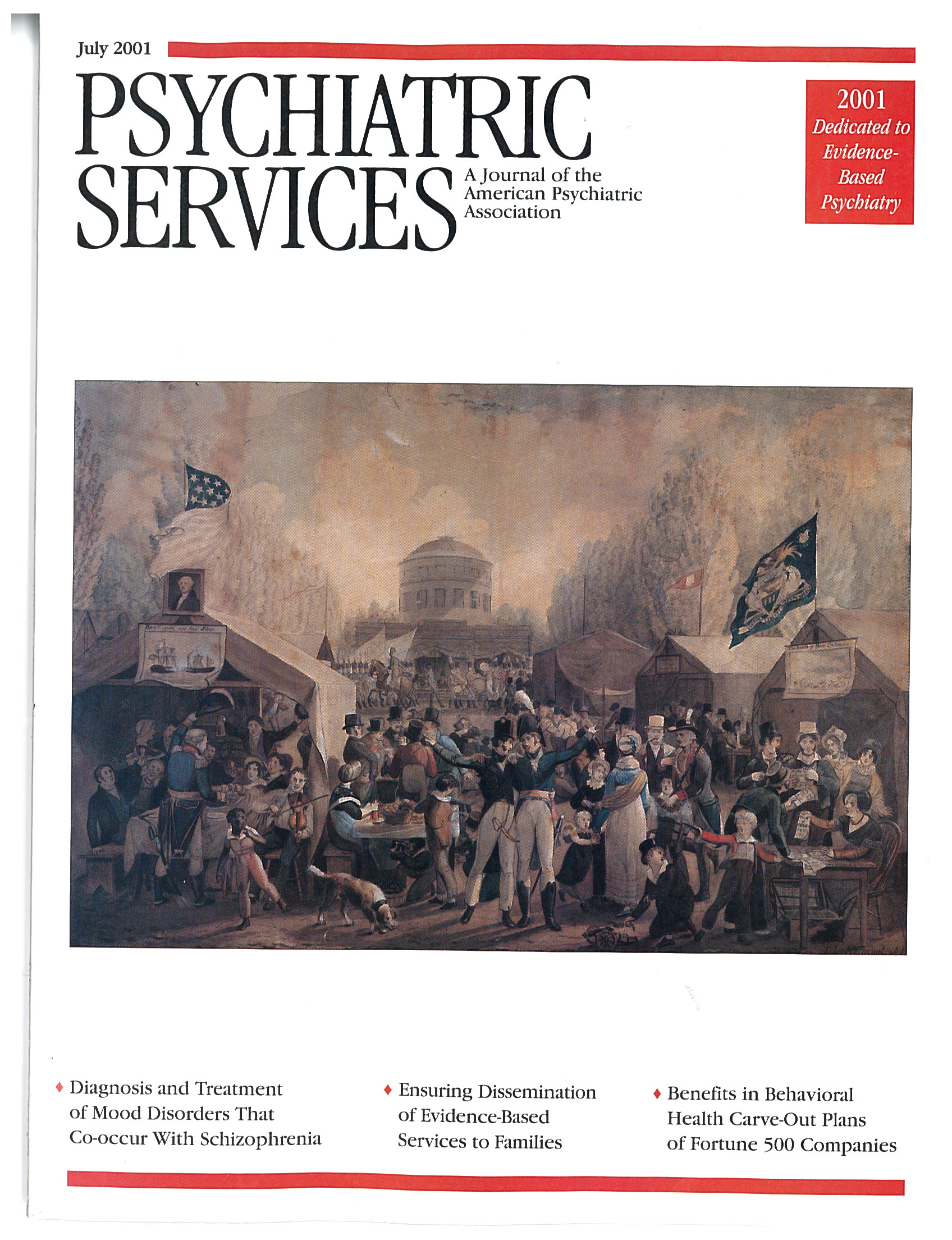Carl Goldberg is a prolific author and a gifted psychoanalyst. In his writings, he takes complex topics and elusive concepts and presents them in a straightforward and compelling manner. In his best-known book,
Speaking With the Devil (
1), Goldberg drew on his clinical experience to develop a model to help us understand the phenomenon of evil.
In The Evil We Do, Goldberg continues his examination of the dilemma of evil. The term "evil" itself is a noun many theorists avoid and an adjective most therapists dislike. However, in a world in which senseless homicides make headlines routinely, the intractable issue of evil denies us the luxury of ignoring it for long. Goldberg joins the tradition of Carl Jung, Karl Menninger, and Scott Peck in seriously examining the philosophical problem of evil and looking at what contemporary psychoanalytic theory has to offer in the way of explaining it.
In my own training as a therapist, the concept of evil was scrupulously avoided, and even casual use of the term was enough to suggest that one had somehow obtusely failed to understand the complex determinants of the evil act. To his credit, Goldberg rejects this amoral stance and grapples with the concept.
The Evil We Do has an initially curious—and ultimately compelling—structure in which clinical cases are used as springboards for serious philosophical discussions. The cases—for example, "The Case of the Unpatriotic Prostitute," "The Client Who Arranged to Have Her Husband Murdered," "The Case of the Suspected Rapist"—are all interesting vignettes, presented in the style popularized by Oliver Sacks and Irv Yalom. However, Goldberg does not write as well as Sacks or Yalom, and the cases tend to be more brief and less engaging. Nevertheless, each case illustrates the points Goldberg wishes to make, and they provide an interesting counterpoint to the philosophical and psychoanalytic discussion that follows.
The book will be of interest to almost any reader who is concerned with psychotherapy's repudiation of the concept of evil. Psychoanalysts and other psychotherapists will be especially interested in the honesty and self-scrutiny involved in Goldberg's analysis of his countertransference responses to the problems of his patients. Although Goldberg ultimately fails in his effort to develop a comprehensive explanatory model of evil—a tall order indeed—he does make an important contribution by nibbling around the edges of this central psychotherapeutic problem.

